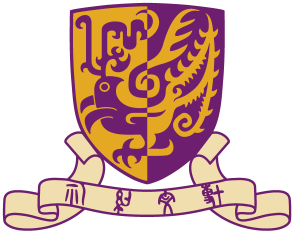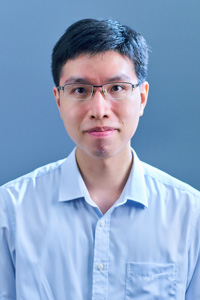LI Cheuk Ting 李卓霆教授
Cheuk Ting Li received the B.Sc. degree in mathematics and B.Eng. degree in information engineering from The Chinese University of Hong Kong in 2012, and the M.S. and Ph.D. degree in electrical engineering from Stanford University in 2014 and 2018, respectively. He was a postdoctoral scholar at the Department of Electrical Engineering and Computer Sciences, University of California, Berkeley. He joined the Department of Information Engineering, the Chinese University of Hong Kong in January 2020. He was awarded the 2016 IEEE Jack Keil Wolf ISIT Student Paper Award, and the 2023 Information Theory Society Paper Award.
His research interests include simulation of random sources and channels, one-shot and finite-blocklength schemes in information theory, network information theory, and automated theorem proving.




